What similarities are there between Georgia and Hungary, both historically and politically? How big is the support for the ruling party compared to the opposition?
The situation in Georgia in the 2024 elections is most comparable to Hungary's 2022 elections. There is a large ruling bloc, the Georgian Dream Party, which has been in power for multiple terms. In the opposing camp are several smaller parties that ran separately but have all made clear that they will not enter into a coalition with the ruling party and are seeking a change of government.
So there are in essence two major blocs, despite the opposition parties not joining forces to have a common list of candidates.
The other very important factor in this campaign and political scenario, is the war, which is also heavily impacting Georgia. Twenty percent of the country's territory was occupied by the Russians, and Georgians haven't forgotten that in 2008 they fought a dire war. The situation is practically identical to Ukraine's because now roughly twenty percent of Ukraine is under occupation, and the same is still true of Georgia, but there has been no renewal of fighting since 2008.
However, the Western powers are now seeking to draw Georgia into this anti-Russian and pro-Ukrainian war policy. And so the campaigns had been spun accordingly.
The ruling Georgian Dream Party campaigned on avoiding the kind of war they had in 2008 and that we are now seeing in Ukraine. They don't want another military conflict with Russia, that would cause terrible destruction. After all, we are talking about a country of 3.5 to 4 million people, as opposed to a giant Russian neighbor, so this attitude is perfectly understandable.
On the other side, the opposition ran a campaign similar to the Hungarian opposition's in 2022. They campaigned on framing it a choice between the East and the West: for the country to head towards Russia or to follow the path of EU integration.
Just as in Hungary the Fidesz-Christian Democrats (KDNP) said that this is not a matter of East or West, but that we stand for Hungarian interests and that it is not in Hungary's interest to be dragged into this war, the Dream Party of Georgia campaigned with a similar message. So there was a similar duel: war vs no war, Europe vs Russia.
It is also important to note that the electoral system in Georgia has been amended several times in recent years. They have moved to a proportional system. As a result, the electoral rules have been changed, and an electronic ballot counting system has been introduced to speed up the processing, as in the last elections in 2020 there was a lot of uncertainty regarding the mandates and the results. The largest election monitoring organization in Georgia had miscounted the seats and accused the ruling party of fraud for a very long time, until it turned out that they had actually just botched the tally themselves. That is why the new electronic system was so critical and was now widely utilized. Upon showing identification and signing a voter registry, voters received a receipt which they also had to deposit in a ballot box, then they received the ballot forms, which after marking their choices were deposited by machine into the ballot box.
The number of ballot forms handed out as well as the number of ballots cast were both being tallied. Electronic counting accelerated the processing and arriving at the result, but there is also a paper trail of the official result, and the latter is the official result.
You mentioned earlier that a color revolution is what is happening in Georgia. What does that look like, what are the elements of a color revolution and its aim?
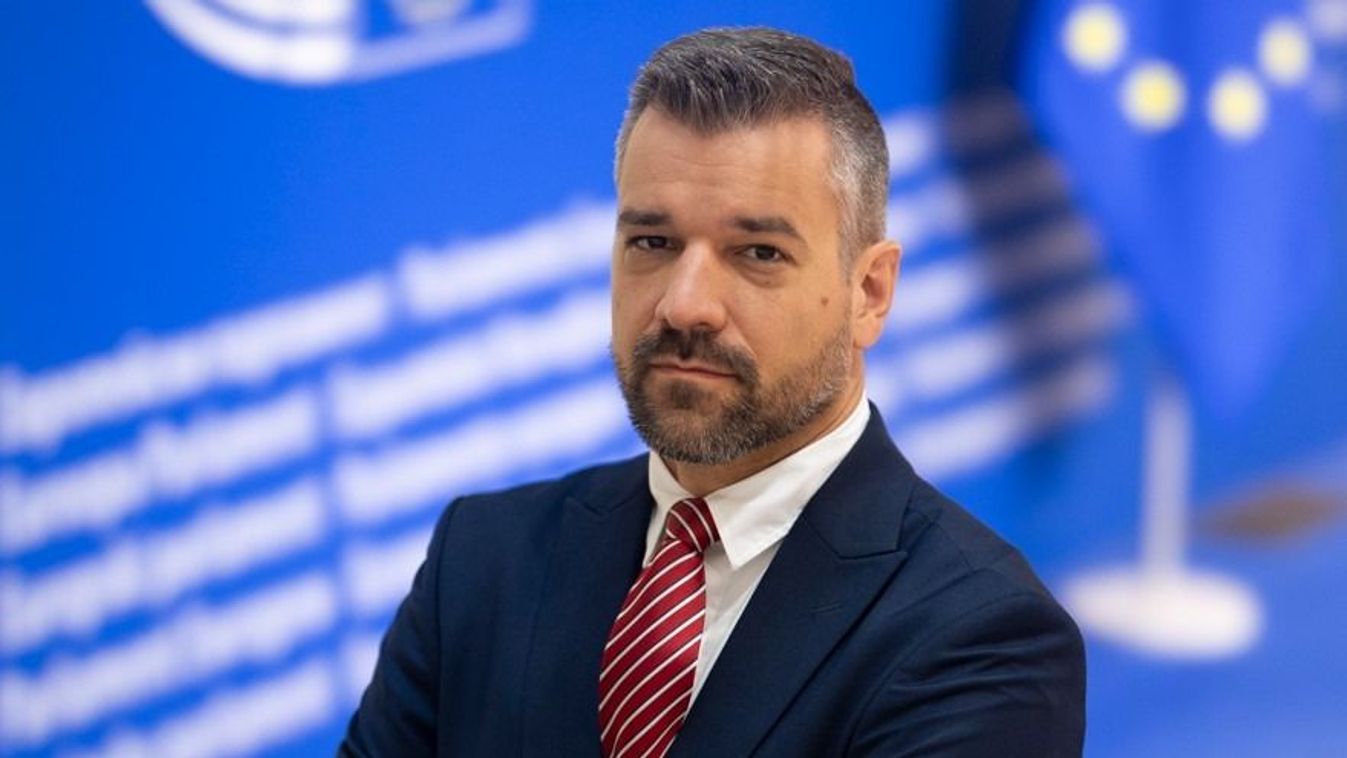

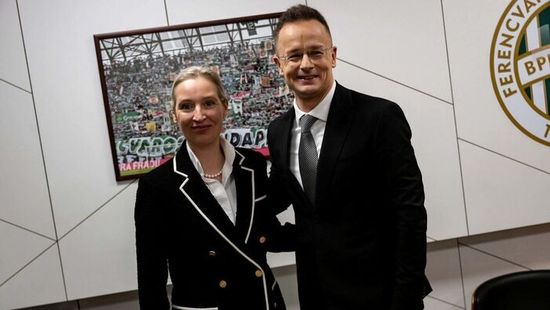
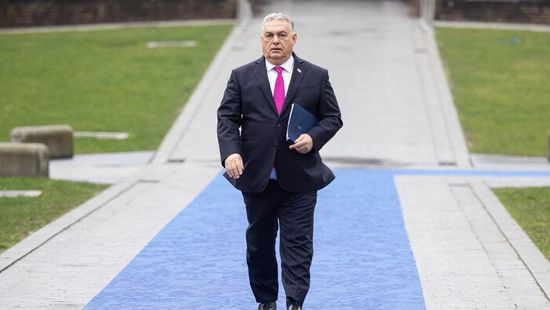
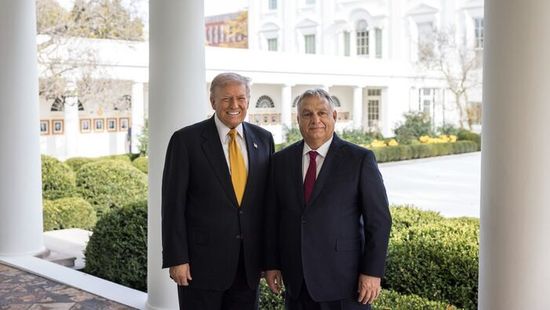


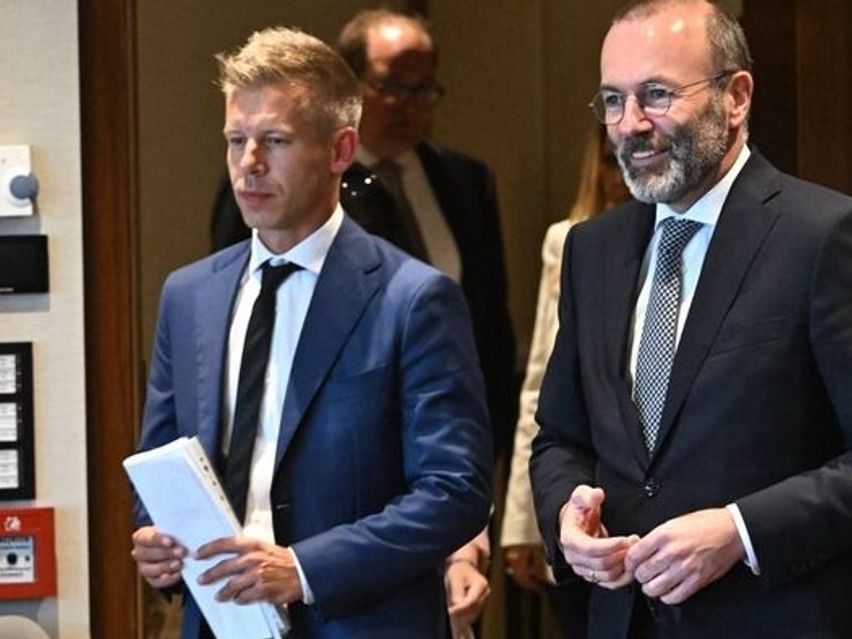



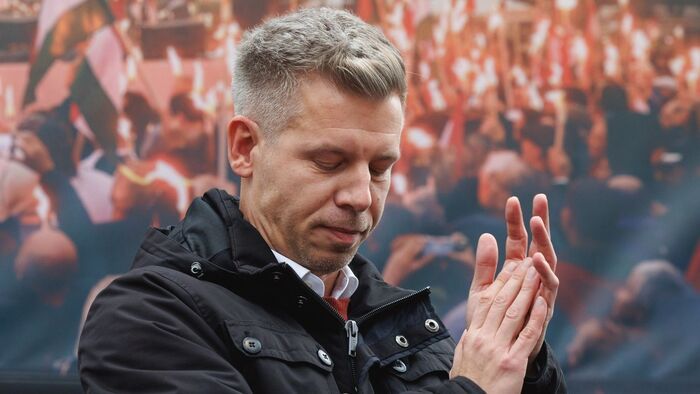
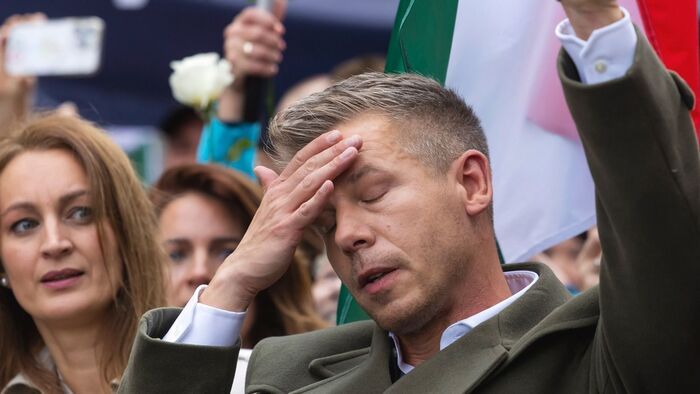
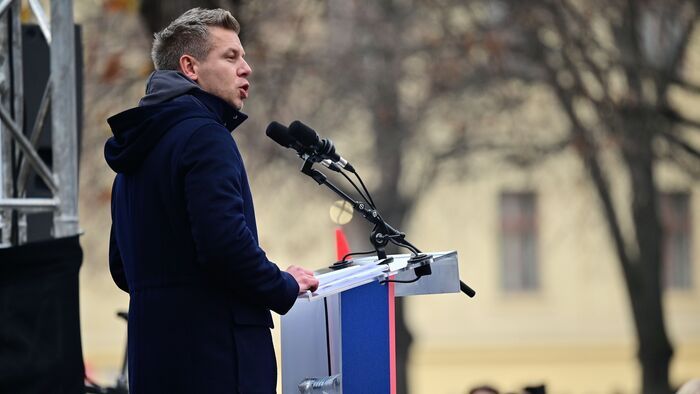


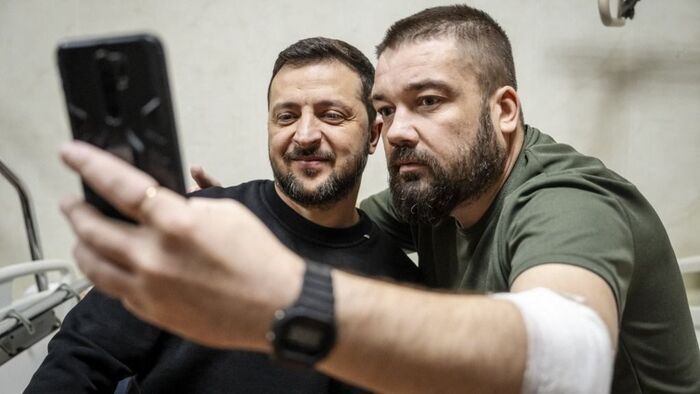
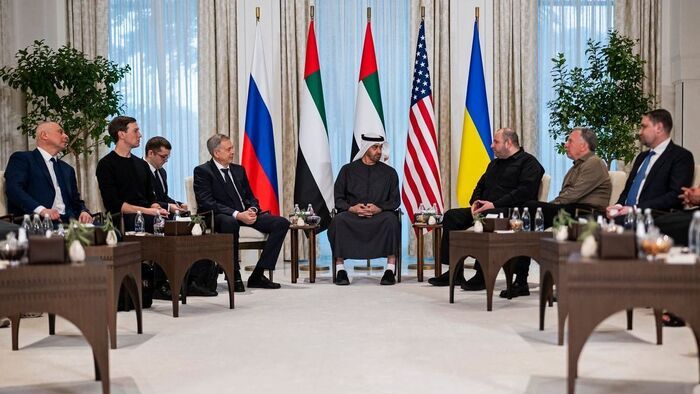





Szóljon hozzá!
Jelenleg csak a hozzászólások egy kis részét látja. Hozzászóláshoz és a további kommentek megtekintéséhez lépjen be, vagy regisztráljon!